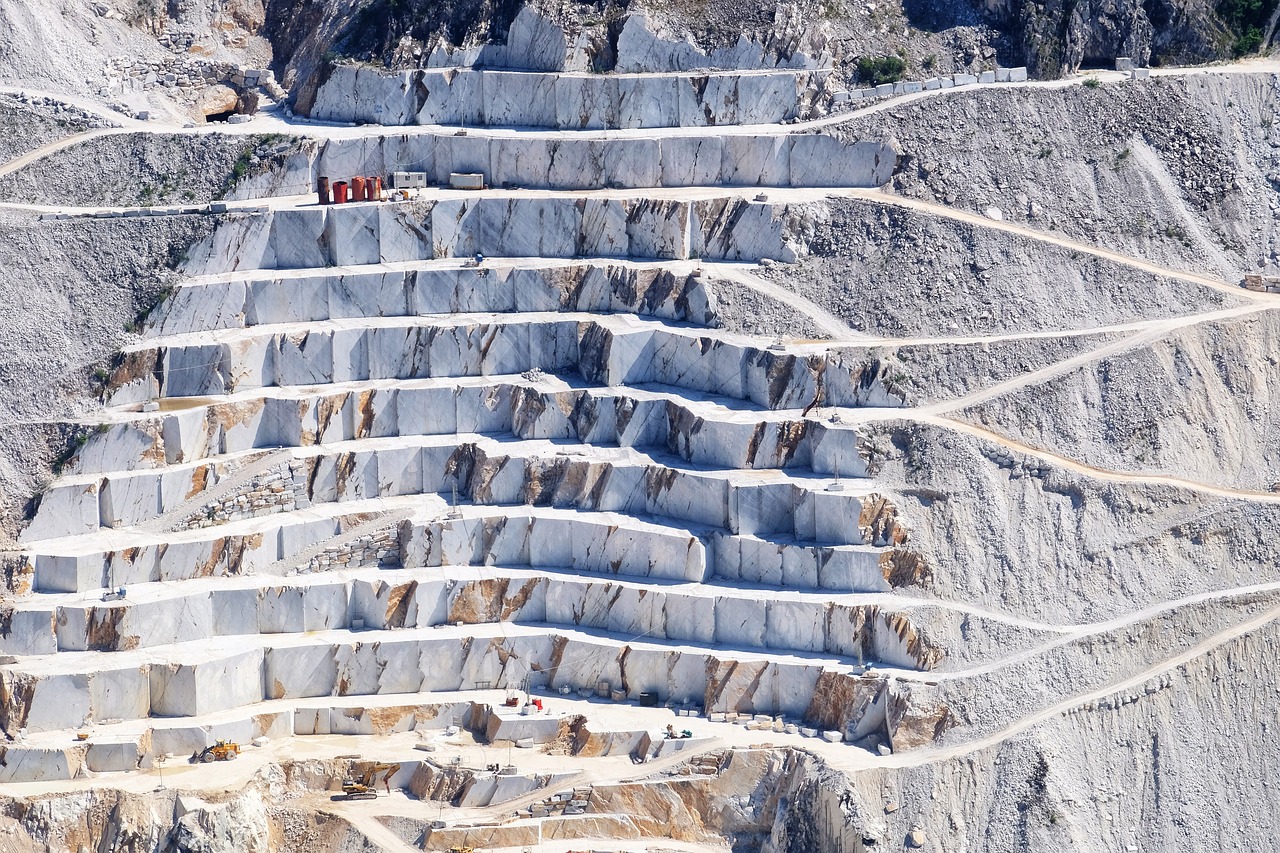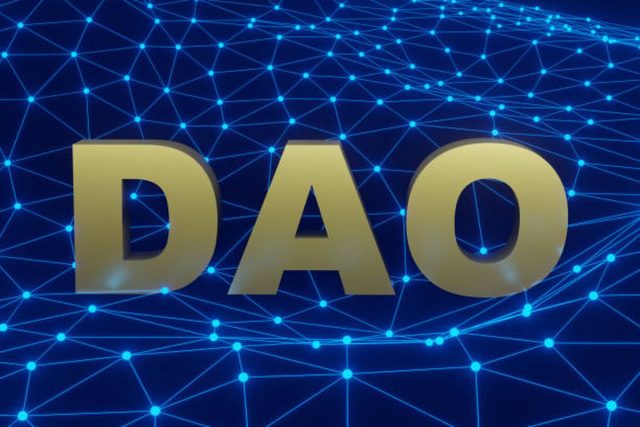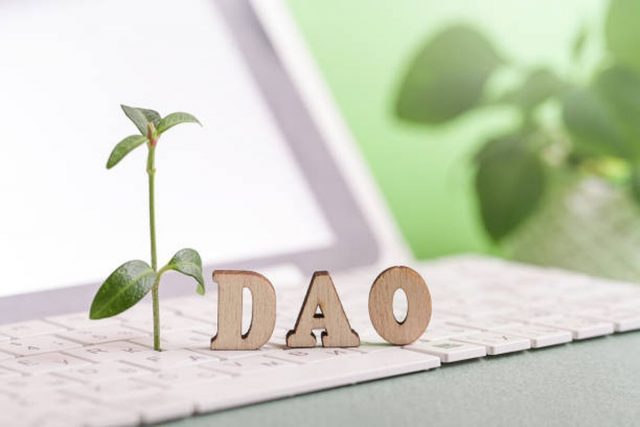As the world of cryptocurrency and blockchains matures, more interesting use cases are inevitably being tested. The concept of decentralized autonomous organizations, or DAOs, is such an option that has lately garnered attention. While DAOs show great potential, the model, like all communication and management structures, has a lot of nuances.
If you’ve ever wondered what a DAO is or if creating one is the best option for your unique company goals – be it brand new online casinos or any other enterprise, we’re here to assist! Let’s dive deep into why DAO is a bad idea so that you are aware of all possible pitfalls.
DAO – The Basics
DAOs, also known as Decentralized Autonomous Organizations, represent a new means of forming autonomous, self-managing organizations with a decentralized structure. The organization’s activities are governed by a set of rules encoded in a smart contract.
DAOs largely rely on smart contracts. These logically coded agreements govern decision-making based on underlying blockchain activity. For example, depending on the outcome of a decision, a specific code may be written to raise the circulating supply, burn a specific number of reserve tokens, or distribute specific incentives to existing token holders.
DAOs frequently contain treasuries that hold tokens that may be exchanged for currency.
Members of the DAO can vote on how to utilize that money; for example, certain DAOs looking to acquire rare NFTs can vote on whether to trade treasury funds for assets.
As a result, DAOs eliminate the necessity for traditional hierarchies and middlemen in the administration of a business. DAOs rely on decentralized governance to make collective organizational decisions. However, before reaching a reasonable judgment concerning DAOs, it is also necessary to consider their significant consequences.
Decentralized Autonomous Organizations’ Drawbacks
DAOs, no matter how revolutionary they appear, have limits. And although many people believe that DAOs are a revolutionary concept that offers a whole pack of benefits, is it so in reality? Let us shed light on the real situation.
The concentration of Voting Power
Decentralized governance in DAOs is heavily reliant on DAO token ownership. While DAOs are designed to be widely accessible, a small number of investors can amass significant amounts of DAO tokens. As a result, they would have more voting power based on the number of governance tokens they possess.
What if the individuals with the most governance tokens vote for ridiculous proposals? Does the structure of DAOs totally solve the problem of hierarchy? As a result, the drawbacks of decentralized autonomous organizations begin with difficulties caused by the hierarchy in the DAO’s structure.
Time for Transactions
The community-based approach of DAOs is a key feature in arguments about the benefits and drawbacks of DAOs. You may have already concluded that the community-based paradigm is a plus for DAOs. However, in the event of a disaster, it might be a huge setback for a business. Without voting methods, for example, you cannot implement any modifications in the DAO.
Furthermore, the voting methods take time, and you may have to wait for quite some time for each transaction on the DAO. Consider if the DAO required a quick change in the smart contract code to address a security issue. Any modifications to the code are difficult to implement unless all members of the DAO agree. As a result, the business may waste significant time addressing security risks.
Implications for Regulation
Without including regulatory considerations, the list of DAO’s downsides would be inadequate. Decentralized Autonomous Organizations (DAOs) can be regulatory nightmares, owing to the absence of specific norms and laws for DAO taxation and management. The prevalent feature among DAO advantages and downsides highlights the fundamental significance of decentralized governance.
A community-based strategy not only adds the cost of a longer transaction time and voting procedure, but it also removes some responsibility. How? Isn’t accountability a key benefit of decentralized autonomous organizations? DAOs, on the other hand, do not have a single body responsible for all of the organization’s choices. As a result, implementing any rules and regulations for decentralized autonomous groups is extremely challenging.
Code Vulnerability
Another key problem of decentralized autonomous organizations is their reliance on smart contract technology. The majority of DAOs are based on the premise that smart contract programming will handle everything. DAOs clearly provided trustless settings, yet they were dependent on the authenticity and validity of the smart contract code.
It is vital to understand that all code is susceptible, and DAOs can deploy code that is vulnerable. As a result, the DAO’s code may prove to be a significant hindrance to its future expansion.
Technically, Decentralized Autonomous Organizations may be used to build any type of work arrangement. Investment firms, consultancy firms, engineering firms… But it is only the hypothesis. Reality is far worse.
Your Remuneration in a DAO Is Determined by Your Peers
DAOs are attempting to innovate in terms of how individuals get rewarded. Having one entity (the market, a team, a committee, leadership, etc.) decide on remuneration would be centralization, which the crypto population would find intolerable. Instead, fascinating concepts are being explored, but the manner communities are doing it emphasizes the privilege of those working on autonomous initiatives.
Wrapping up
We haven’t arrived at a position where all of these issues are obvious to everyone. This is because no DAO has reached the point where they become existential. After a few months, they are generally wiped out by a hoax or human greed, or they grow more centralized over time to allow for better decision-making.
We hope that there will be solutions to the issues above so that the best Aussie casinos from Best Casinos Online could provide even better services and transparency.










